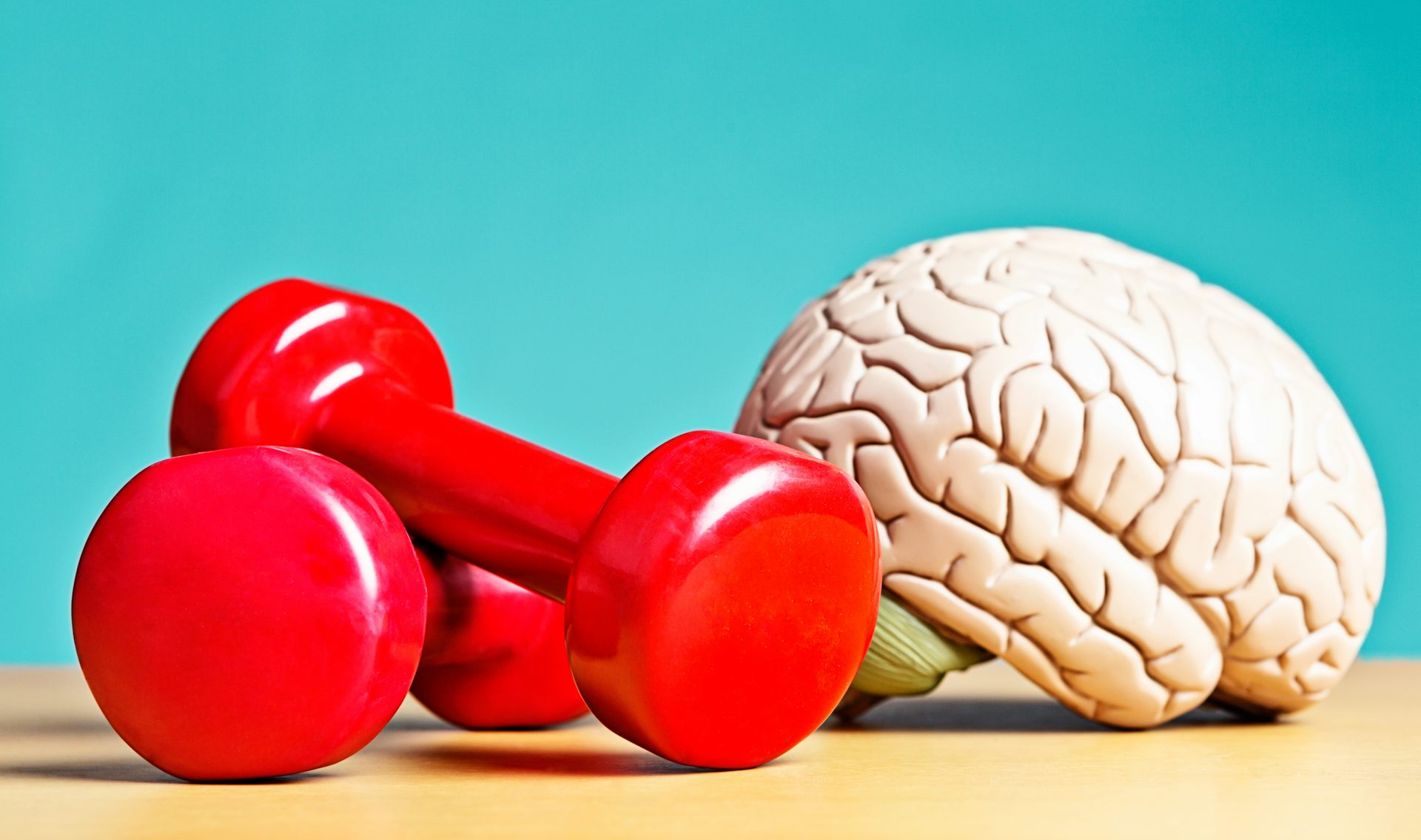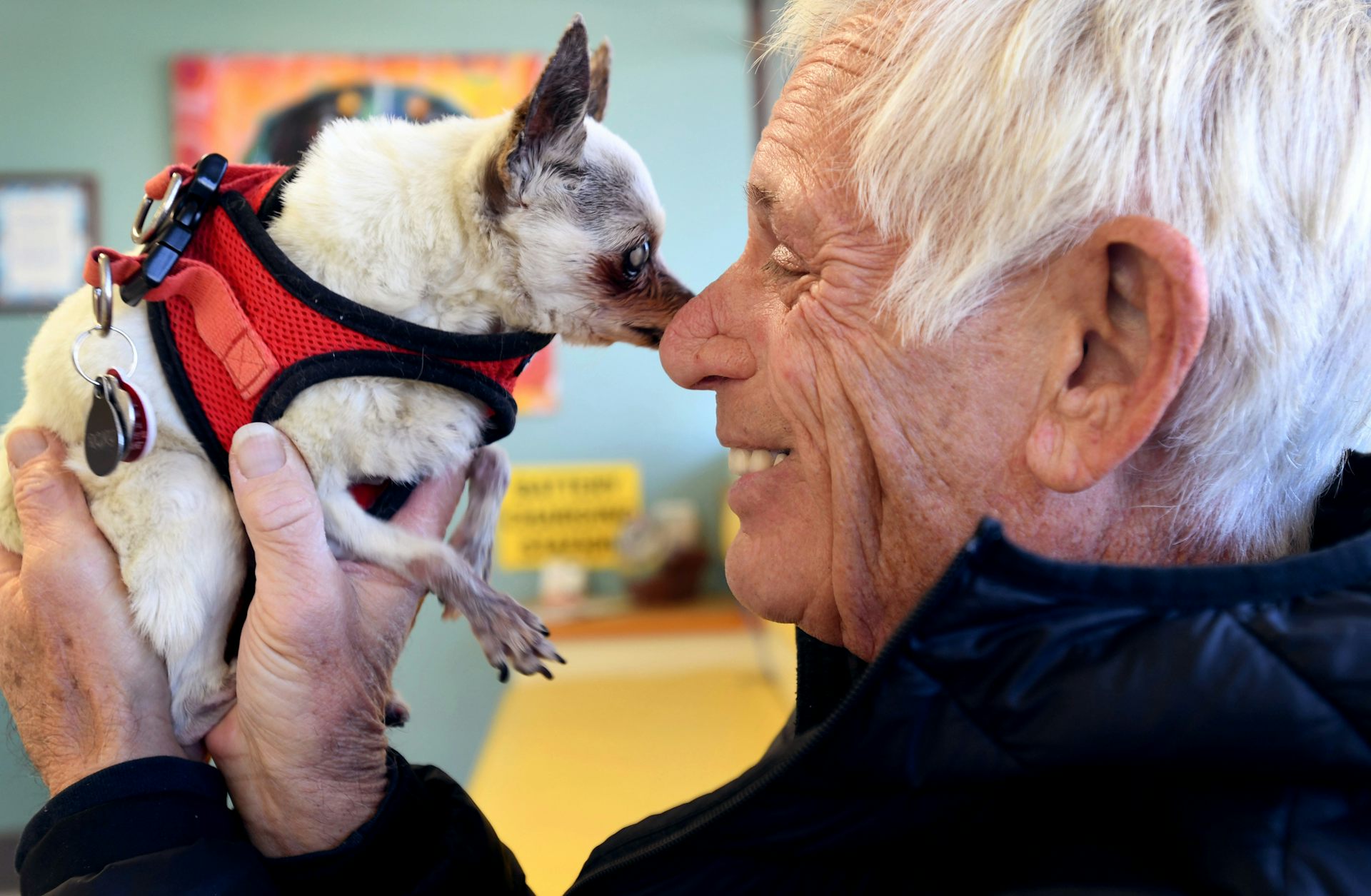Ads, food and gambling galore − 5 essential reads for the Super Bowl
Oh, yeah, and there’s a game, too.
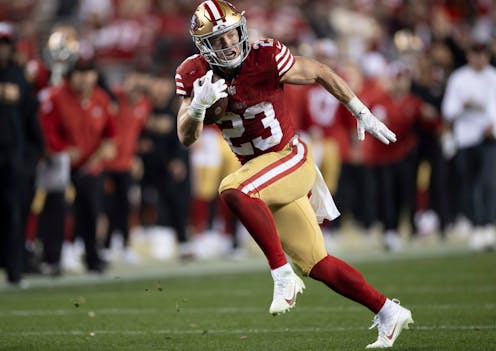
On Sunday in Las Vegas, the Kansas City Chiefs will be looking to win their second straight Lombardi Trophy, while a San Francisco 49ers victory would give the team its first Super Bowl since 1995, when Steve Young was under center.
I didn’t get a pass to media day, so I didn’t get a chance to ask Chiefs head coach Andy Reid about how he tends to his mustache.
But my colleagues and I were able to ask an all-pro lineup of scholars to write about a range of football-related topics, from the partisan food divide to the numbers behind the biggest gambling bonanza in league history.
1. Flag, you’re it
The Pro Bowl, the NFL’s version of the all-star game, usually gets scant attention. That’s because it happens the weekend before the Super Bowl – absent many of the stars playing in the big game – and the players seem most concerned about avoiding injuries, not winning the game.
A year ago, league officials decided to shake up the annual showcase. It would no longer be a tackle football game. It would be a flag football match. The thinking went that if the league’s stars didn’t have to tackle one another, they might play harder, be more likely to showcase their athleticism and, importantly, have more fun.
As West Virginia University sociologist Josh Woods explains, the NFL’s promotion of flag football is a big deal, particularly for an emerging sport that’s somewhat obscure outside of Florida, Georgia and New York, where roughly 80% of high school flag football players live. Its inclusion in the 2028 Summer Olympics will only further bolster its profile.
But Woods points to a gender divide and a political divide that could end up clouding the sport’s future.
Read more: Could flag football one day leapfrog tackle football in popularity?
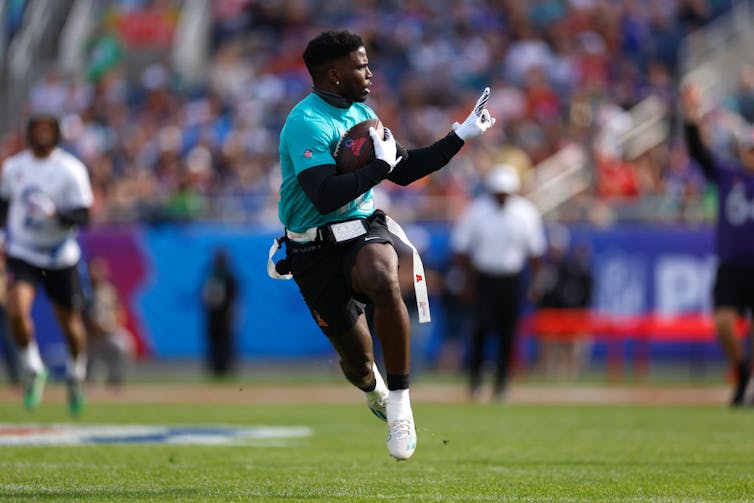
2. X’s, O’s and Z’s
In 2011, former NFL cornerback Sam Shields was a rookie playing for a Green Bay Packers team that had made the Super Bowl. The night before the big game, he tossed and turned.
“I had stomach aches, using the bathroom, but I didn’t have to use it,” he told Sports Illustrated in 2019. “It felt like Christmas too, when Christmas is the next day you can’t sleep.”
I’ve wondered whether I would get a wink of shut-eye if I were scheduled to pitch in the World Series. Something tells me I’d be a lot like Shields. And as if the Chiefs and 49ers players and coaches aren’t feeling enough pressure, it turns out that getting a good night’s sleep is one of the most important things an athlete can do before a big game, meet or match.
University of Pittsburgh sleep medicine specialist Joanna Fong-Isariyawongse highlights reams of studies showing how a poor night’s sleep can effect performance and decision-making while making you more likely to get injured.
In fact, she writes, “Sleep deficits have been linked to decreased performance in every cognitive measure.”
3. Going all in on gambling
Did you bet on the 49ers to cover the spread? Perhaps you’re playing squares. Or maybe you’re betting on Reba McEntire’s national anthem to last longer than 90.5 seconds.
If you’ve wagered on some aspect of the big game, you’re one of roughly 67 million American adults who have done the same, according to a Morning Consult survey conducted in early February. That would make another new record, shattering 2023’s record, which shattered the mark from 2022. The country’s gambling mania has been aided, in part, by the Supreme Court’s 2018 ruling that overturned a federal ban on sports betting.
Gambling and the Super Bowl have always gone hand in hand. To University of Iowa sports media scholar Tom Oates, what makes the developments of the past few years so remarkable is the NFL’s stunning reversal on its own attitudes toward betting.
Gone are the quaint days of league officials lobbying Congress to put restrictions and guardrails in place. The NFL has gone all in on its embrace of gambling, forging billion-dollar partnerships with the country’s top sportsbooks.
“But this infusion of extra cash comes with a substantial social cost,” Oates writes. “Gambling addictions are at an all-time high, likely spurred by the ease with which people can place bets from their phones.”
So if you want to get in on the action, gamble responsibly and don’t let your emotions get the best of you.
That being said, a little birdie told me that Reba can really hold her notes.
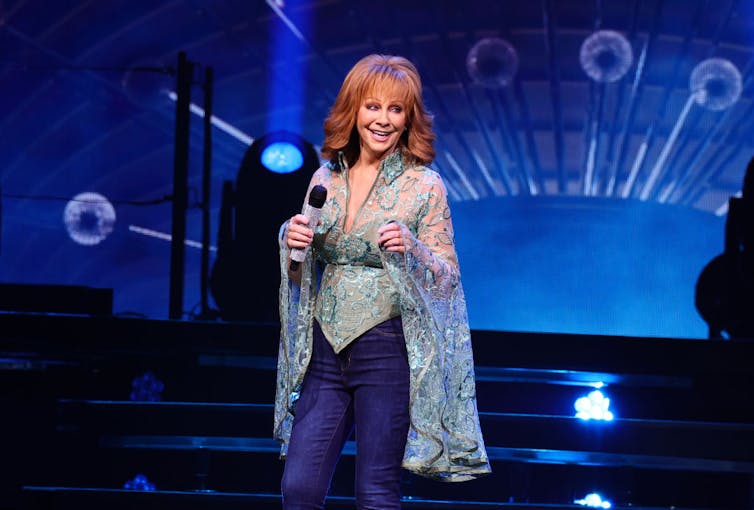
4. At least they aren’t serving donkey meat
Everything is politicized, so the lament goes. And even the Super Bowl – one of the few communal events left in a polarized, atomized nation – can’t avoid the creep of partisanship.
In recent years, some of the country’s most iconic food brands – Bud Light, Goya, Papa John’s, Coca-Cola, Chick-fil-A – have been excoriated by partisans on both sides of the aisle.
So food spreads can color every Super Bowl party with a tinge of “red team,” “blue team.”
“What you serve at your Super Bowl party, or what the host serves at the event you attend, can now be interpreted, or twisted, through a partisan lens,” write political scientists Joshua J. Dyck and Shanna Pearson-Merkowitz.
One possible way to bridge the divide: Unite in a bipartisan celebration of Taylor Swift. Actually, scratch that.
Maybe you could just serve salmon – a food that, according to Dyck and Pearson-Merkowitz’s research, is “resistant to partisan cues.”
Grim times, indeed.
Read more: Super Bowl party foods can deliver political bite – choose wisely
5. ByeDaddy
According to an Associated Press-NORC Center for Public Affairs Research poll, 22% of Americans planning to watch the Super Bowl are most excited about the commercials.
That’s one reason companies are willing to fork over so much cash for a coveted slot – as much as US$7 million for a 30-second spot.
However, as Auburn University scholars Linda Ferrell and O.C. Ferrell point out, many regulars on the airwaves of the Super Bowl, such as GoDaddy and Ford, are missing from this year’s lineup.
What gives?
“Gen Z, in particular, is not impressed by Super Bowl ads,” they write, “and complicating the matter is their lack of interest in broadcast TV.”
So as a millennial who’s spent years listening to how my generation has killed everything from paper napkins to mayonnaise, I take great pleasure in typing: Gen Z killed the Super Bowl ad.
Read more: Super Bowl ads: It's getting harder for commercials to score with consumers
This story is a roundup of articles from The Conversation’s archives.
Read These Next
Your brain can be trained, much like your muscles – a neurologist explains how to boost your brain h
Challenging the brain by exposing it to new situations, tasks and skills can improve its efficiency,…
Dogs can need more than kibble, walks and love − consider the escalating expenses of their medical c
The decision to bring a dog into the family should recognize that, like other family members, they will…
Rheumatoid arthritis has no cure – but researchers are homing in on preventing it
New research could allow health care providers to identify and treat patients at risk for rheumatoid…


